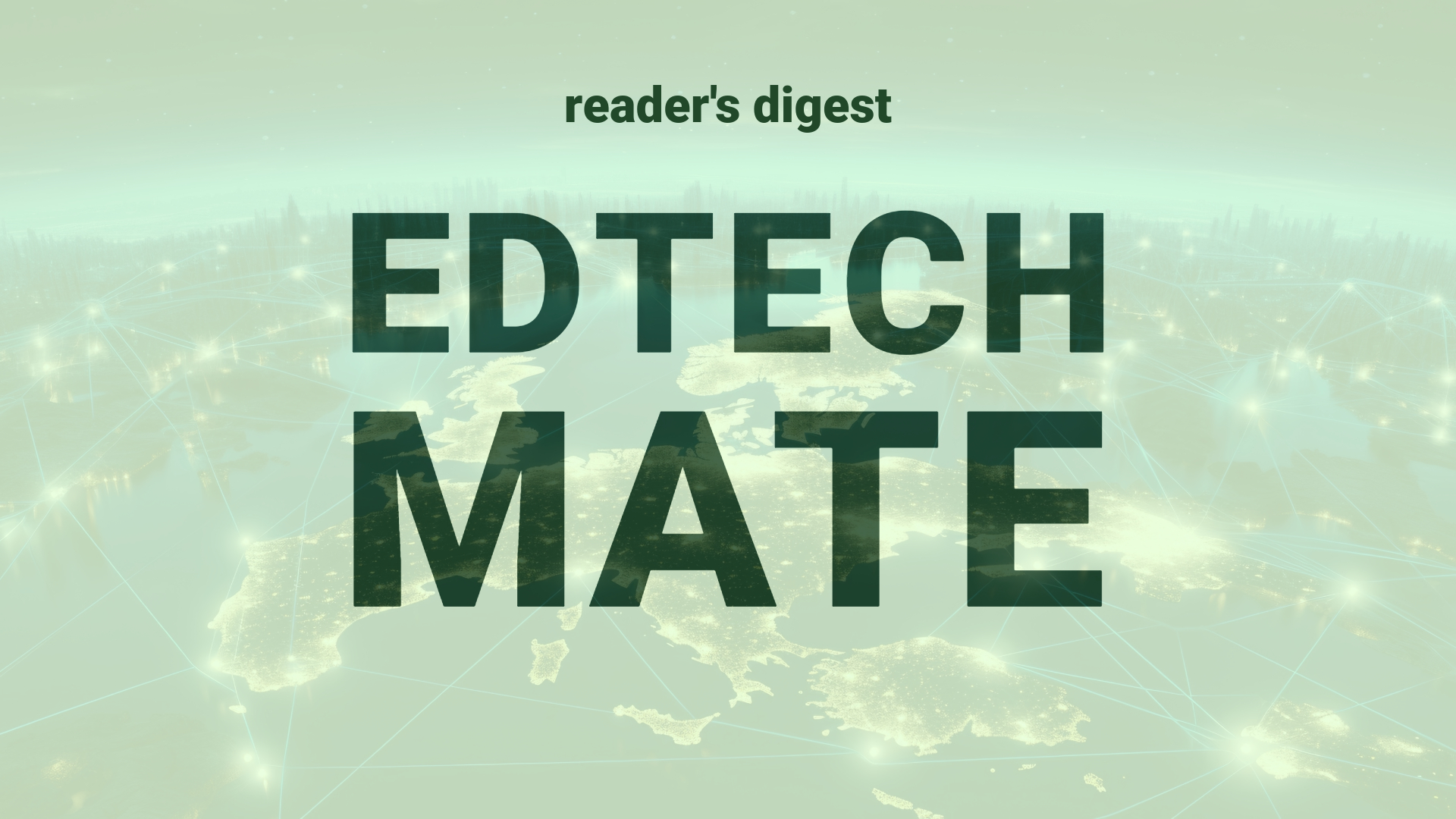Executive Summary and Main Points
The utilization of generative artificial intelligence (GenAI) in the realm of customer feedback analysis and response is becoming increasingly prevalent. While full-scale production deployments are rare, some companies leverage GenAI to enhance customer service operations and improve organizational efficiency. These applications do not demand extensive behavioral alterations from employees and offer tangible economic benefits through heightened customer satisfaction. Key innovations include GenAI’s ability to transcribe, summarize, categorize, and analyze customer feedback, which leads to appropriately crafted responses and informed operational adjustments.
Potential Impact in the Education Sector
The introduction of GenAI within Further Education, Higher Education, and Micro-credentials could revolutionize student engagement through personalized communication and feedback. The ability to synthesize and analyze vast amounts of unstructured data can enable institutions to accurately gauge student sentiment, tailor responses, and foster strategic partnerships that promote knowledge transfer and digital literacy. Beyond administrative use, GenAI could facilitate dynamic learning experiences through real-time content adaptation and personalization according to individual student needs and learning styles.
Potential Applicability in the Education Sector
GenAI can be harnessed to interpret student feedback across various platforms, automate administrative tasks, and provide insights into curriculum effectiveness. Artificial intelligence in this context can also assist in real-time language translation, promote inclusivity, and offer adaptive learning paths. Moreover, AI-driven tutoring systems could provide personalized assistance, enhancing the study experience for diverse student populations. For leadership and policy-making, GenAI’s analytical prowess could inform decisions based on comprehensive sentiment analysis across the educational community.
Criticism and Potential Shortfalls
Despite the technological advances GenAI represents, it comes with potential pitfalls such as exacerbating existing biases within feedback datasets, leading to inequity in responses and interventions. Furthermore, the one-size-fits-all approach often observed in technological solutions may fail to recognize and cater to the unique cultural and ethical considerations that vary across global education systems. Case studies from different international contexts caution against unreflective adoption of GenAI without considering the local nuances and values that shape educational environments.
Actionable Recommendations
For a fruitful integration of GenAI in higher education systems, it is recommended to begin with pilot projects that target specific areas like student services or course feedback mechanisms. Collaborating with GenAI experts and education stakeholders to develop culturally sensitive and ethically designed AI tools will be key. Considering the implementation of a hybrid human-AI governance framework can ensure that the AI performs under human oversight, balancing efficiency and adaptability with contextual awareness and ethical sensitivity. Additionally, building strategic partnerships with technology providers to align GenAI capabilities with institutional goals can pave the way for a more personalized and responsive educational ecosystem.
Source article: https://hbr.org/2024/04/genai-can-help-companies-do-more-with-customer-feedback

